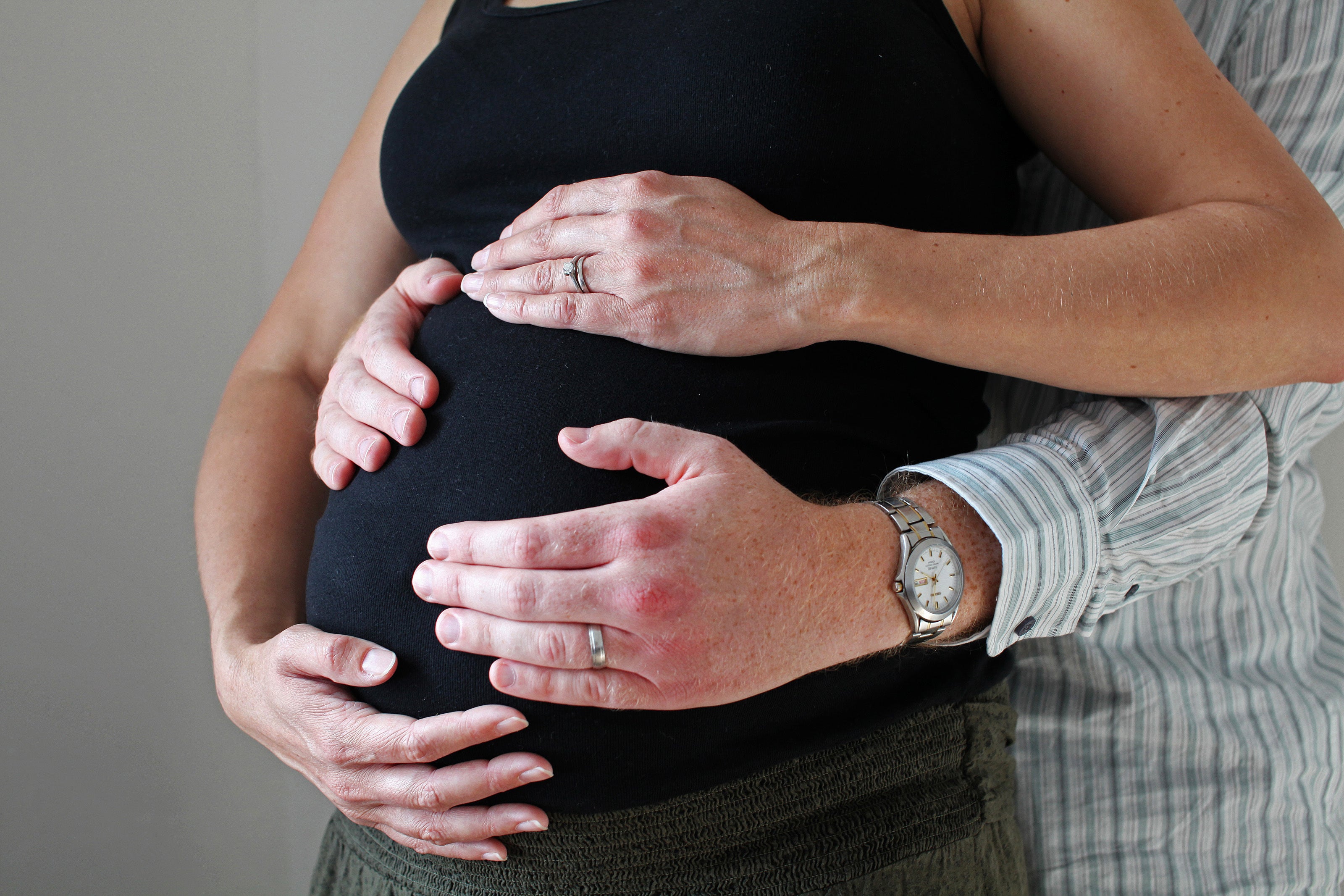Parents ‘particularly likely to have made cutbacks amid rising living costs’
More than nine in 10 parents said their cost of living had increased, according to research carried out in May and June.

Your support helps us to tell the story
From reproductive rights to climate change to Big Tech, The Independent is on the ground when the story is developing. Whether it's investigating the financials of Elon Musk's pro-Trump PAC or producing our latest documentary, 'The A Word', which shines a light on the American women fighting for reproductive rights, we know how important it is to parse out the facts from the messaging.
At such a critical moment in US history, we need reporters on the ground. Your donation allows us to keep sending journalists to speak to both sides of the story.
The Independent is trusted by Americans across the entire political spectrum. And unlike many other quality news outlets, we choose not to lock Americans out of our reporting and analysis with paywalls. We believe quality journalism should be available to everyone, paid for by those who can afford it.
Your support makes all the difference.Parents are more likely than households without children to have reported cutting back on non-essentials and using credit more than usual because of rising living costs, according to the Office for National Statistics (ONS).
People across Britain who are parents were more likely than those without dependent children to report an increase in their cost-of-living between March 30 and June 19 2022, and more likely to have taken cost-saving actions as a result, according to the Opinions and Lifestyle Survey.
More than nine in 10 parents (94% of those with a youngest dependent child in the household aged under five years, and 93% with a youngest dependent child in the household aged five years or over) said their cost of living had increased.
This compared with 87% of people without dependent children in the household.
Around two-thirds (65%) of parents reported reducing spending on non-essentials, compared with 56% of those without children.
Some parents were also more likely to report concerns about money in the future.
Around half (51%) of parents with dependent children aged five or older said they did not think they would be able to save any money in the coming year because of the state of the economy, compared with 42% of those with no dependent children.
Parents were particularly likely to cite increased gas and electricity bills as being behind their rising living costs in March to June 2022, with 92% of parents with a child aged under five and 90% of parents with a child aged five years or over reporting this, compared with 83% of people without dependent children.
Parents were also more likely than those without children to say they were behind with their gas or electricity bills, with 6% of parents reporting this compared with 3% without children.
For single parents, spending on groceries equalled 12% of their average disposable income and for two-adult households with children, it equalled 10%.
For both single and two-adult households without children, spending on groceries was equal to 8% of income, the ONS said.
Over the course of the year, single parents paid £1,788.80 more on housing costs than single adults without children, the research found.
Two-adult households with children spent £1,523.60 more per year on housing and related costs than two-adult households without children.
Single-parent households spent a total of £356.80 a week on average in the financial year ending 2021, equivalent to 87% of their average disposable income – leaving £57.40 remaining per week.
Two-parent households spent £556.50 per week, equivalent to 67% of their average disposable income, leaving £284.60 per week.
Single adults without children spent £259.90, also equal to 67% of average disposable income, while two-adult households without children spent £468.40, or 61% of their income, the report found.
Sarah Coles, senior personal finance analyst, Hargreaves Lansdown said: “Parents are bearing the brunt of the cost-of-living crisis. They were already facing eye-watering costs before prices started spiking, and now they’re being forced to make more dramatic cuts.
“Even after all of this, they’re more likely to be piling up debt and missing bills.”